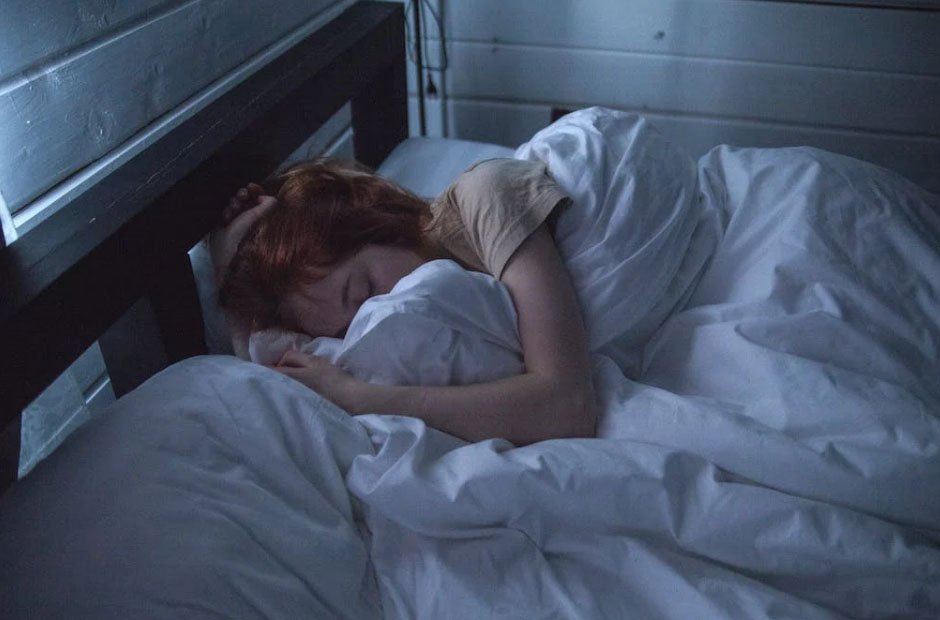Feeling tired and drowsy after a poor night’s sleep is never great. The lack of good rest makes you unfocused and sloppy throughout the day, which affects your personal and professional life. It’s not uncommon for students who had a poor night’s sleep to doze during lectures and classes. Thus, the quality of their education suffers.
People can’t get enough sleep from stress, illness, or poor habits. Whatever the case, there are ways of improving the quality of your rest. They will ensure that you wake up well-rested and ready to handle the new day.
Follow a Strict Sleep Schedule
People sometimes can’t help but stay up late from time to time. They can be up at 2 AM trying to iron out the work received from essay writer or learning the intricacies of the new League of Legends patch. No matter how engrossed a person might be in a particular activity, it doesn’t call for putting their health at risk.
So, you should get a mandatory 7-8 hours of sleep every day. The trick to feeling well-rested is going to bed and waking up during the same hours. This schedule should also apply to weekends. For example, you can go to sleep at 23:00 and wake up at 7:00. A consistent sleep schedule will reinforce your sleep-wake cycle.
If you don’t fall asleep within about half an hour of going to bed, try doing something relaxing. Water the plants or listen to soothing music and return to the bedroom when you’re tired. Repeat this exercise when necessary, but maintain your schedule for sleep and waking hours.
Cut Alcohol and Caffeine Consumption
Drinking coffee and alcoholic beverages in the second part of the day can wreck your sleep schedule. If you like to visit Starbucks, reduce your daily dose of coffee to one cup in the evening or late afternoon. Or switch to decaf. Ideally, you shouldn’t drink any caffeinated beverages 6 hours before going to sleep. Instead of coffee, try drinking:
- Chai tea
- Matcha tea
- Lemon water
Consuming several drinks before going to bed leads to disturbed sleep patterns, sleep apnea, and snoring. That’s because alcohol reduces the nighttime production of melatonin. It makes people less relaxed and keeps them from getting into a deep sleep. A combination of these factors damages the body’s circadian rhythm.
Limit Blue Light Exposure
An overindulgence in technology can mess up a person’s sleep pattern as it emits blue light. It doesn’t affect the body during the daytime. But too much of it in the evening and nighttime harm your sleep cycle. Human physiology reacts to blue light and tells you that it’s not time to rest yet. Smart devices and computers are the primary sources of blue light.
Before going to sleep, limit the time you spend on smartphones and tablets. If you’re more productive at night, shield yourself from blue light. For example, there are special glasses that block it. One can also download apps that help adjust the color temperature on their desktop and smart devices.

Stay Physically Active
Sometimes people fail to fall asleep because their body isn’t tired yet. Physical activity can fix this problem. Depending on how active your style is and where you live, there are many opportunities to explore. You can try morning workouts or jogs for 30 minutes to 1 hour.
Those with a small garden should tend to it for at least an hour a day. There’s always something to tend to, and you’ll keep the yard tidy. The variety of tools and activities ensures that each muscle gets a nice workout. Spending some time outdoors or opening the window to let fresh air in will also improve your sleep.
Read a Good Book
One of the best ways of preparing your mind for a night’s rest is by reading a book you enjoy. This activity tires your eye muscles and brain, which causes them to need more rest. Try reading for about half an hour before going to bed. Pick up a book in a genre you enjoy or explore titles you haven’t considered before. Some of the best bed-time titles include:
- The Hobbit
- Vanity Fair
- The Great Gatsby
- To Kill a Mockingbird
Read in a quiet environment with an amber or red light. Check the watch between turning pages to see that your scheduled sleep time is pending. Otherwise, you may end up reading well into the night, wrecking the sleep patterns once more. When the clock runs out, you’ll more likely sleep well and have a restful night.
Create Conditions For a Good Sleep
People sometimes struggle to fall asleep because their environment won’t let them. The opposite building may have a bright neon sign, or the room is too hot. These things make people toss and turn in their beds or get no sleep at all. To improve the quality of your rest, invest in earplugs, fans, darker shades, and other products.
If you have an old mattress and pillows, they too might influence your sleep patterns. People should take the time and find products that suit their body structure. It also helps to do something you find relaxing. For example, you can take a long hot bath or do some light yoga.
Don’t Nap During Daytime
Many enjoy taking a short afternoon nap. But, too long or irregular naps can damage your sleep patterns. Indulging in this activity can confuse your internal clock. In turn, you have a harder time falling asleep at night. To be productive, a nap should last no longer than 30 minutes. But, the exact duration of productive naps varies between individuals.
Conclusion
Sleep is one of the most important things about a person’s well-being. That’s why it shouldn’t be taken for granted. Make sure to follow these tips if you want to become more productive, calm, and focused in your daily life.
















